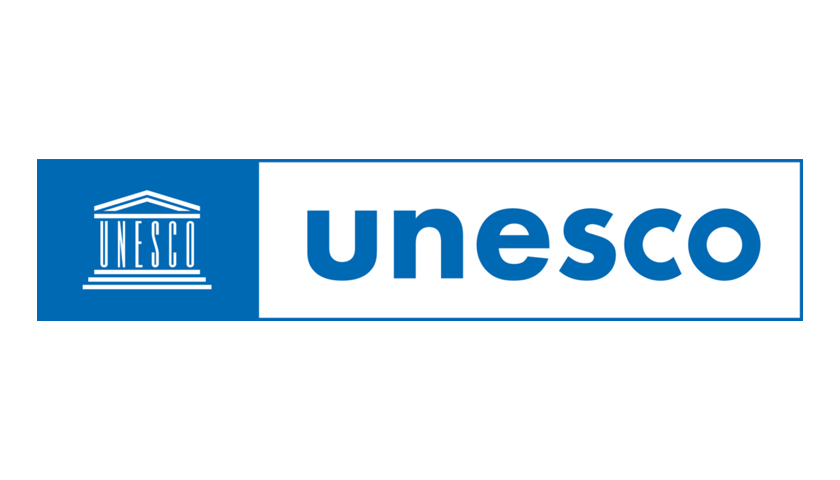The results of an extensive literature review conducted by UNESCO and researchers from Griffith University in Australia, which included Indigenous academics, concluded that no prior study has examined the intersection of media and Indigenous Peoples on a global scale. This underscores a significant gap in evidence for policy and decision makers, including UNESCO, regarding Indigenous Peoples’ opportunities to express their views and opinions, access public information and media content equally, and establish and manage their own media.
The literature review analyzed 394 sources from all over the world in which:
-
(143) 36.2% are from the Asia and the Pacific
-
(127) 32.2% are from North America and Europe
-
(73) 18.5% are from Latin America and the Caribbean
-
(28) 7.1% are from Africa
-
(1) 0.2% is from Arab States
-
(35) 8.8% are of global scope focusing on specific case studies.
Note: where sources refer to two specific regions but are not broadly considered global in scope, they have been counted for each region where they apply.
According to the analysis, much of the existing research is limited in scope, focusing on distinct Indigenous media outlets within specific communities and countries. Additionally, there is relatively little audience research focused on mainstream and Indigenous-led media.
Some positive trends were identified. The literature review shows a significant increase in research on Indigenous Peoples in the field of media and communication studies in recent decades, where about half of the literature has been produced since 2010.
Of the total bibliographic items analysed:
-
(81) 20.5% are from 2020-2024
-
(118) 29.9% are from 2010-2019
-
(76) 19.2% are from 2000-2009
-
(72) 18.2% are from 1991-1999
-
(35) 8.8% are from 1980-1989
-
(7) 1.7% is from 1970-1979
-
(3) 0.7% is not defined.
However, the data remains dominated by the results of local or national academic work, which limits the development of informed policy and decision-making process at the global level.
From the 394 texts assessed:
-
(303) 76.9% are academic articles, books and chapters
-
(51) 12.9% are reports and policy documents
-
(35) 8.8% are media guidelines and industry documents
-
(5) 1.2% are other resources such as the UN Declaration on the Rights of Indigenous Peoples and UN resolutions.
Since 2023, UNESCO has been working on a pioneering study on Indigenous Peoples and the Media, commissioned by the UN Permanent Forum on Indigenous Issues (UNPFII). Following the completion of the literature review which reaffirmed the importance of deepening policy studies in this field, a methodological framework was designed to conduct the study on a global scale. This work focuses on primary data collection through a global survey available online until 30 September 2024.
UNESCO invites media professionals to participate in this survey, which is divided in two parts: one for professionals working in Indigenous-led media and the other for those employed by mainstream and non-Indigenous media organisations.
Access the survey here:
-
Survey Part 1: to collect data from Indigenous-led media organizations
-
Survey Part 2: to collect data from mainstream media organizations
This work will be followed by individual interviews. The findings of the study will also be informed by an analysis of media monitoring of coverage of Indigenous issues and multi-stakeholder consultations to be concluded in November 2024 at UNESCO Headquarters in Paris, France.
This global research aims to advance media development for the benefit of Indigenous Peoples, promoting their rights to freedom of expression and access to information as underpinned by the Article 16 on Media of the UN Declaration on the Rights of Indigenous Peoples. The study, alongside the full results of the literature review and data collection, will be presented at the 24th session of the UNPFII in April 2025, as per the draft decision submitted this year to the UN Economic and Social Council.
